How to Define SMART Strategic Goals?
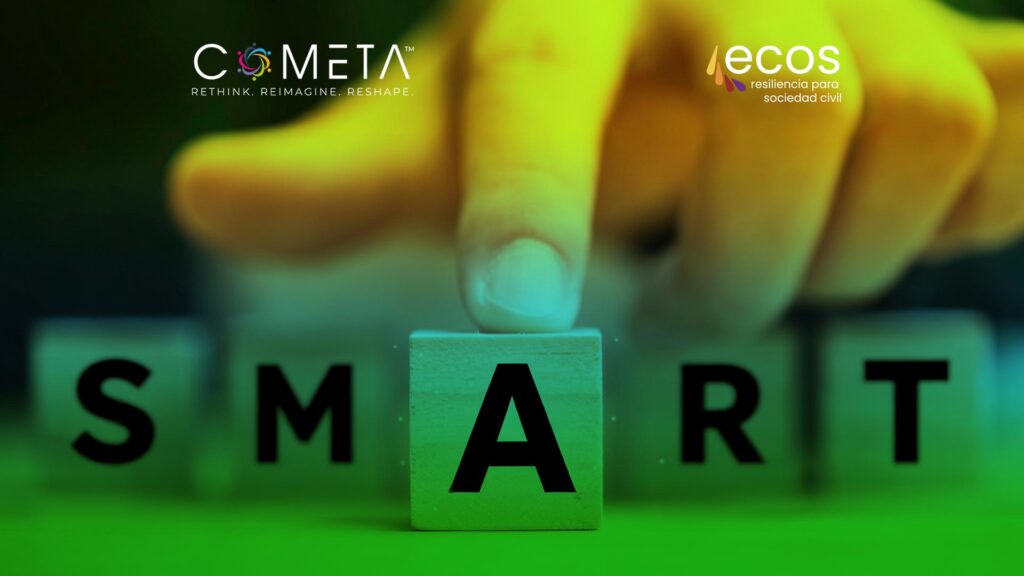
SMART strategic goals are goals that allow us to clearly visualize the impact we aim to achieve within our organizations. When they are clearly formulated, they reflect the social changes we seek to bring about. A strategic goal describes what will change as a result of our organization’s work. In other words, it explains how […]
Three Financial Resilience Strategies for Your Organization In Challenging Times
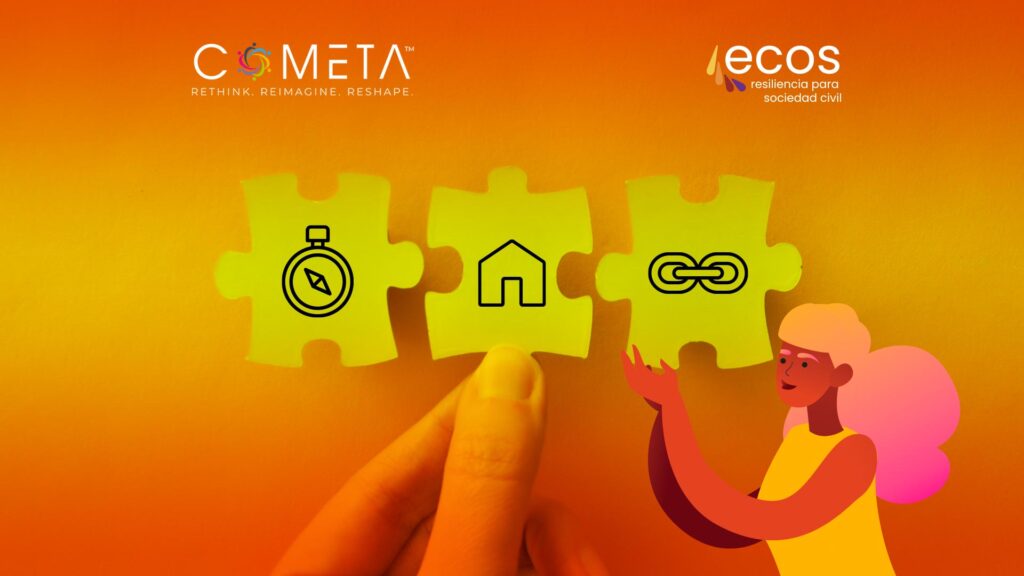
Across Latin America, we are navigating an increasingly difficult context defined by shrinking of civic spaces and a growing risk of political repression. That´s why building financial resilience strategies has become essential to sustain our causes and ensure their continuity. Maylí Sepúlveda Toledo, external consultant at COMETA As civil society organizations, we face the impacts […]
Resilience in Civil Society Organizations: Sustaining Change
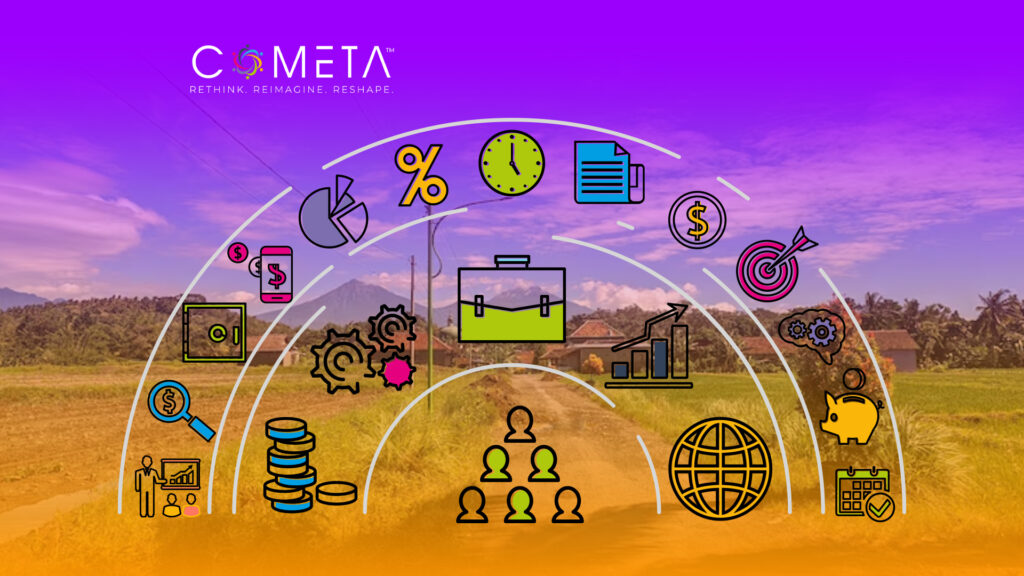
Today, Mexico and Central America face an increasingly hostile civic landscape—one that continues to test the resilience of community-based civil society organizations. These grassroots actors play an irreplaceable role: they sustain life and offer real alternatives in territories where government presence is often absent. Their work is not only essential—it is transformative. Maylí Sepúlveda Toledo, […]
What Should Feminist Movements in Latin America Do Amid the Shrinking of Civic Space?
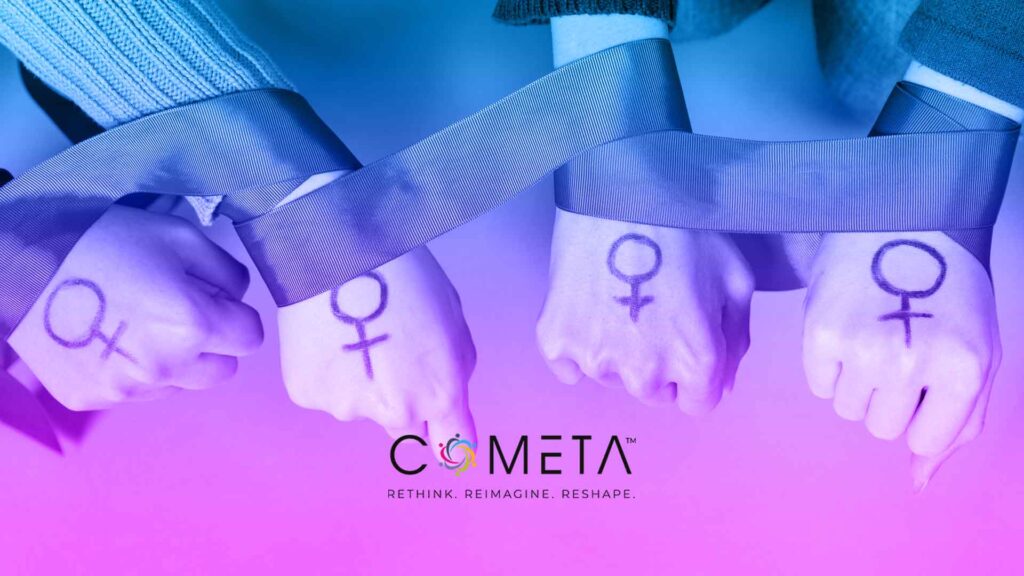
Feminist movements across Latin America have played a pivotal role in securing rights and advancing gender equality. Their collective strength has fueled profound transformations throughout the region and helped shape global discourse. Yet in recent years, these hard-won gains face growing threats: the shrinking of civic space, the rise of authoritarian governments, and anti-rights campaigns […]
Key Elements of a Strategic Budget for Civil Society Organizations
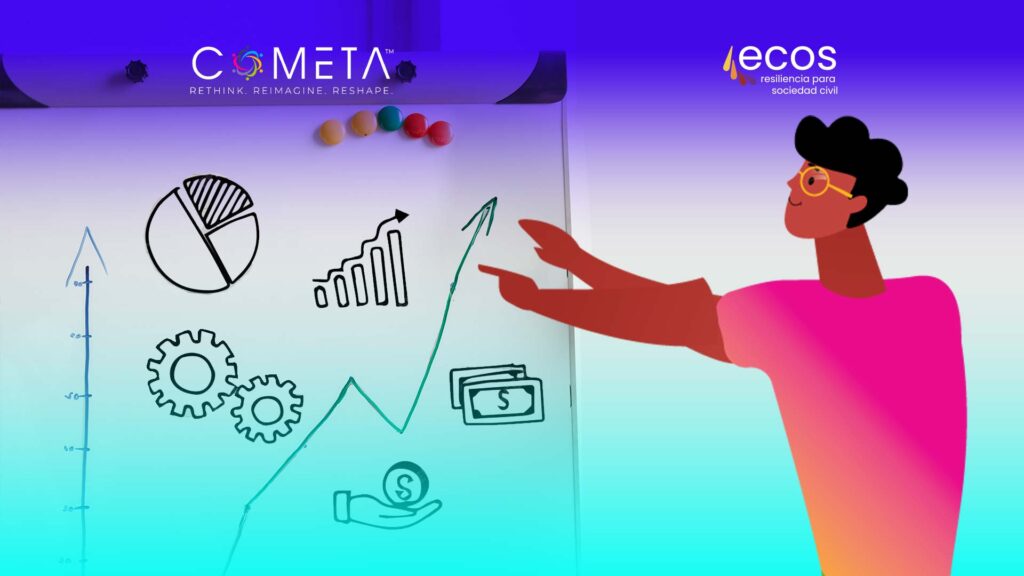
A strategic budget is a financial compass for civil society organizations that helps to stay on course as they work to fulfill their mission in a sustainable, coherent, and effective way. More than just a planning tool, it reflects not only what is currently possible, but also what is truly needed to operate under optimal […]
The Importance of Belonging to a Network or Collective Spaces: Horizontal Learning

Horizontal learning spaces are essential for networks and collective platforms because they recognize that every organization brings valuable knowledge and tools shaped by everyday experience. By fostering peer-to-peer exchange, these spaces promote collective construction, strengthen inter-organizational relationships, and create context-specific solutions. This kind of learning encourages reflection, adaptation, and transformation of our practices—and, in turn, […]
Real Time Evaluation: An Opportunity for Continuous Learning

Conducting a real-time evaluation (RTE) can lead to a rich process of continuous learning for civil society organizations. Tracking the outcomes and impacts of ongoing projects is essential—not only to account for what we’ve already accomplished, but also to identify areas for improvement. At times, the scope and dynamics of a project require close attention […]
High Level Facilitation for Consensus Building: How to Reach Impactful Agreements

High-level facilitation for consensus is essential in crafting agreements that generate meaningful impact—especially in complex participatory contexts. One of the main challenges in these processes is precisely the ability to establish agreements that drive progress toward shared goals. To achieve this, it is crucial that the consulting firm or facilitation team is well-prepared both before […]
Teal Organization: The Future of Work?

With the publication of Reinventing Organizations by Frederic Laloux, the concept of Teal organization has gained traction as a compelling alternative to traditional management models. In a world where rigid hierarchies and bureaucratic systems are increasingly losing relevance, a key question emerges: Can we work in a more flexible, humane, and efficient way? Anna Langheinrich, […]
Lessons for a Leadership Transition with Care: Insights from Civil Society

Leadership transitions aren’t always predictable. Sometimes they arise from personal decisions, life changes, internal tensions, or sheer exhaustion. Others stem from generational shifts that are already becoming evident across many organizations and movements. That’s why, even if a planned departure isn’t yet on the horizon, reflecting now on how we want our leadership transition to […]
